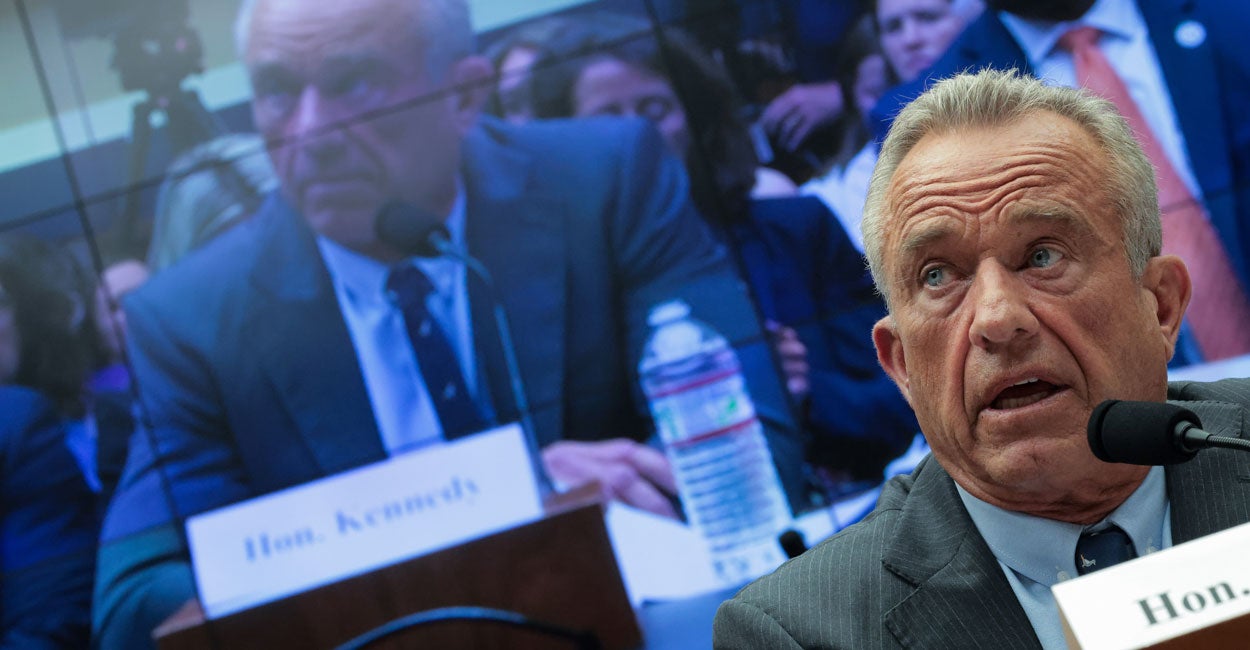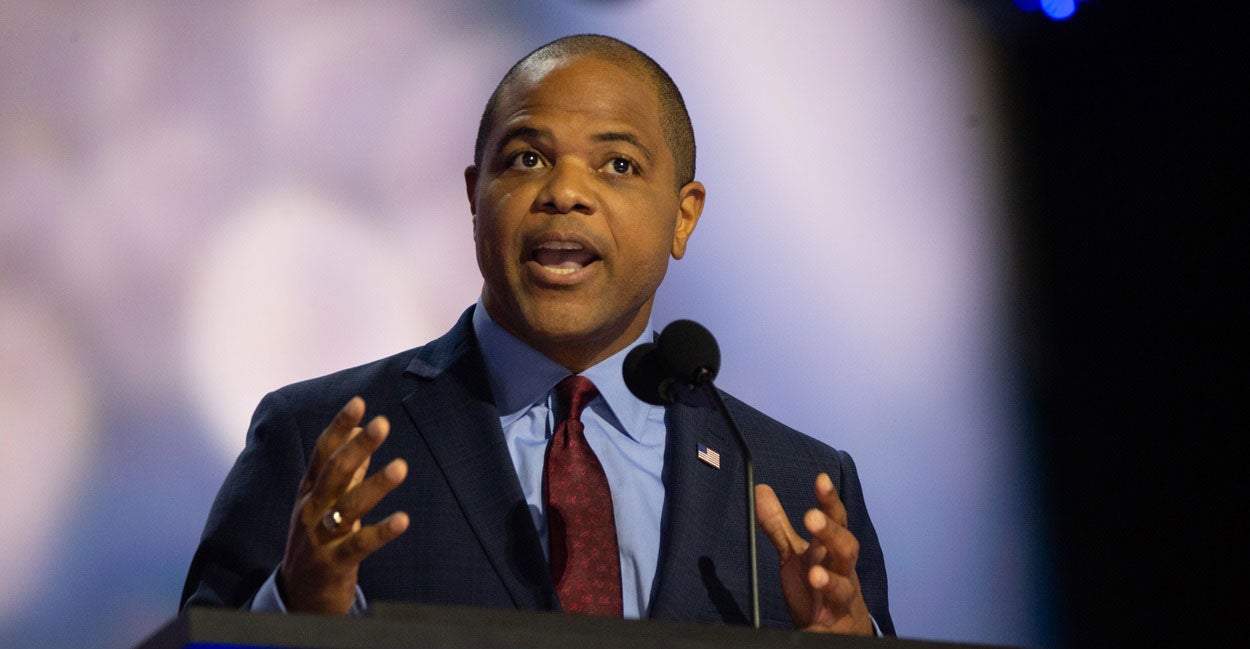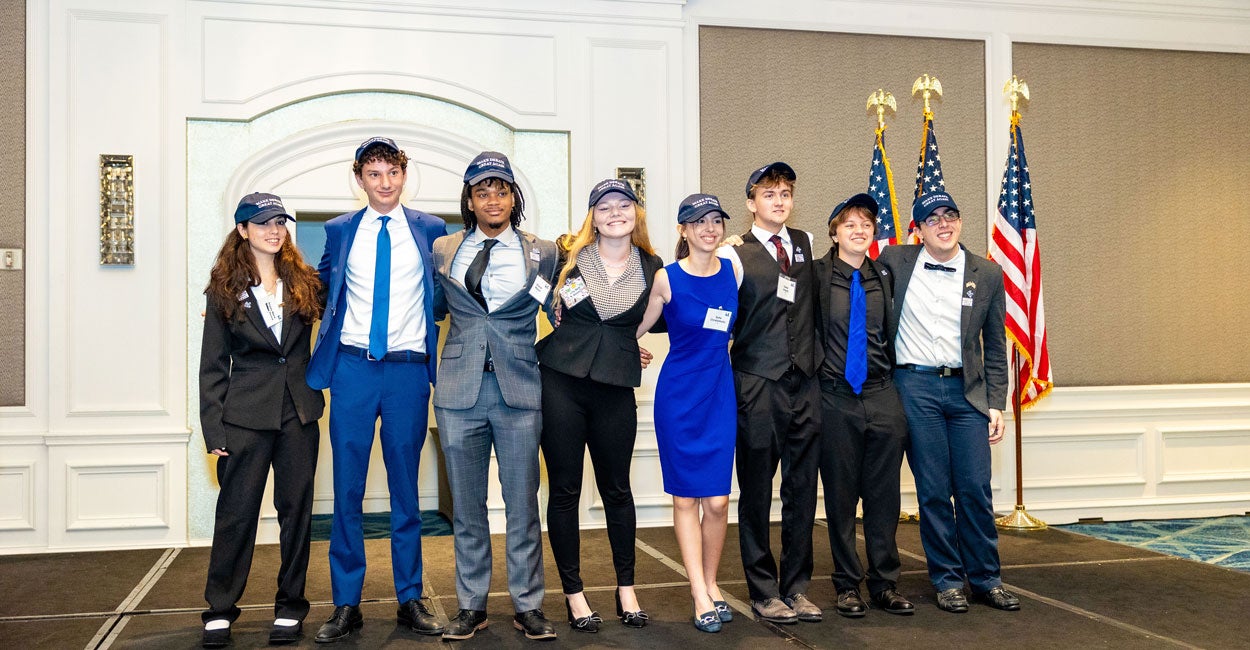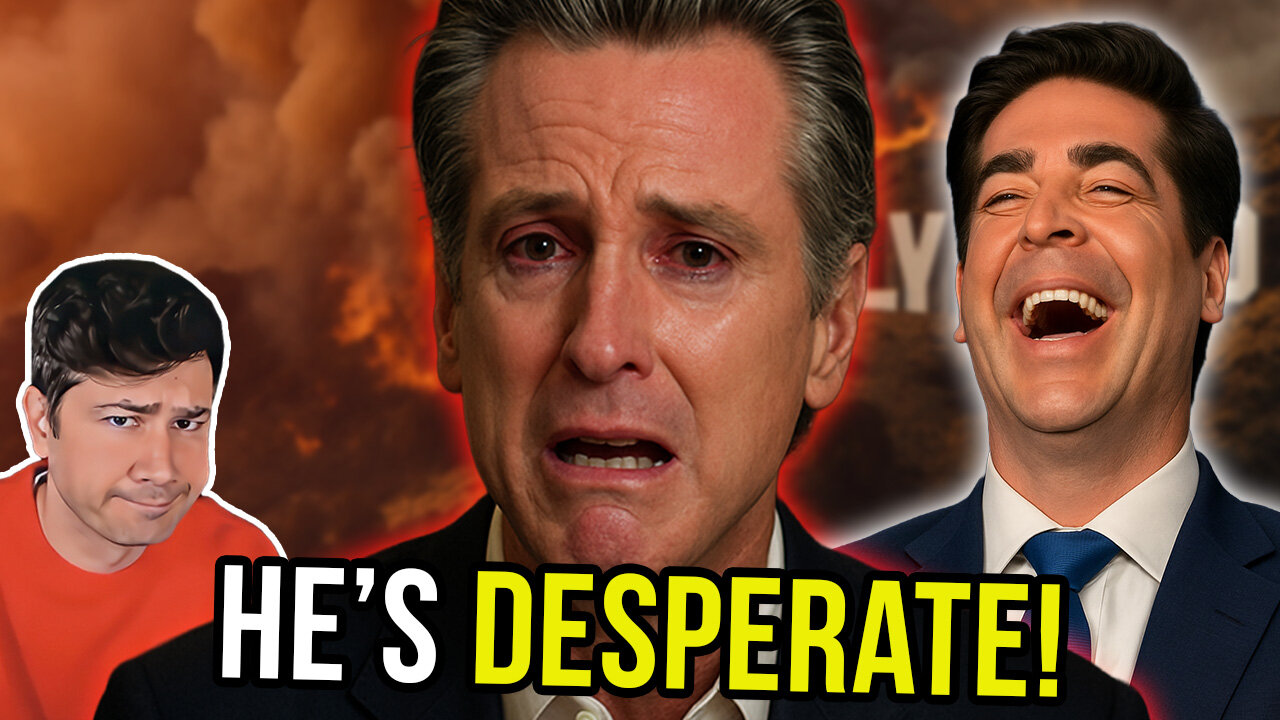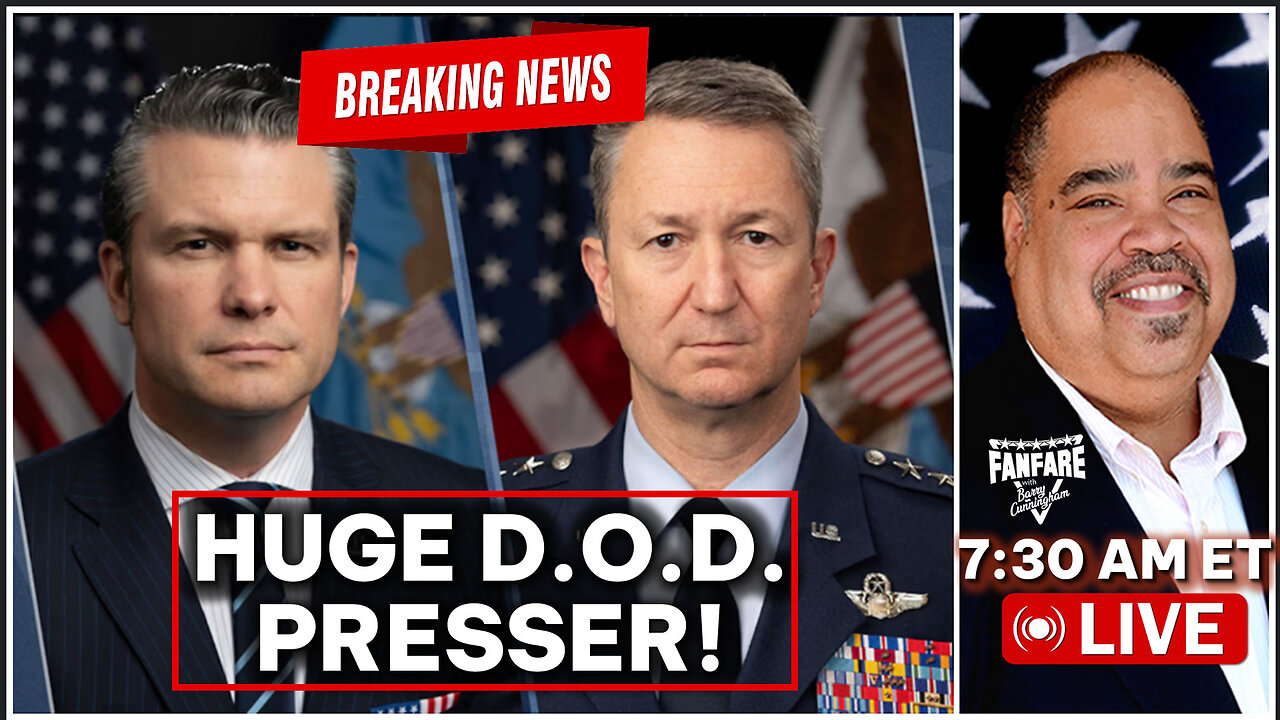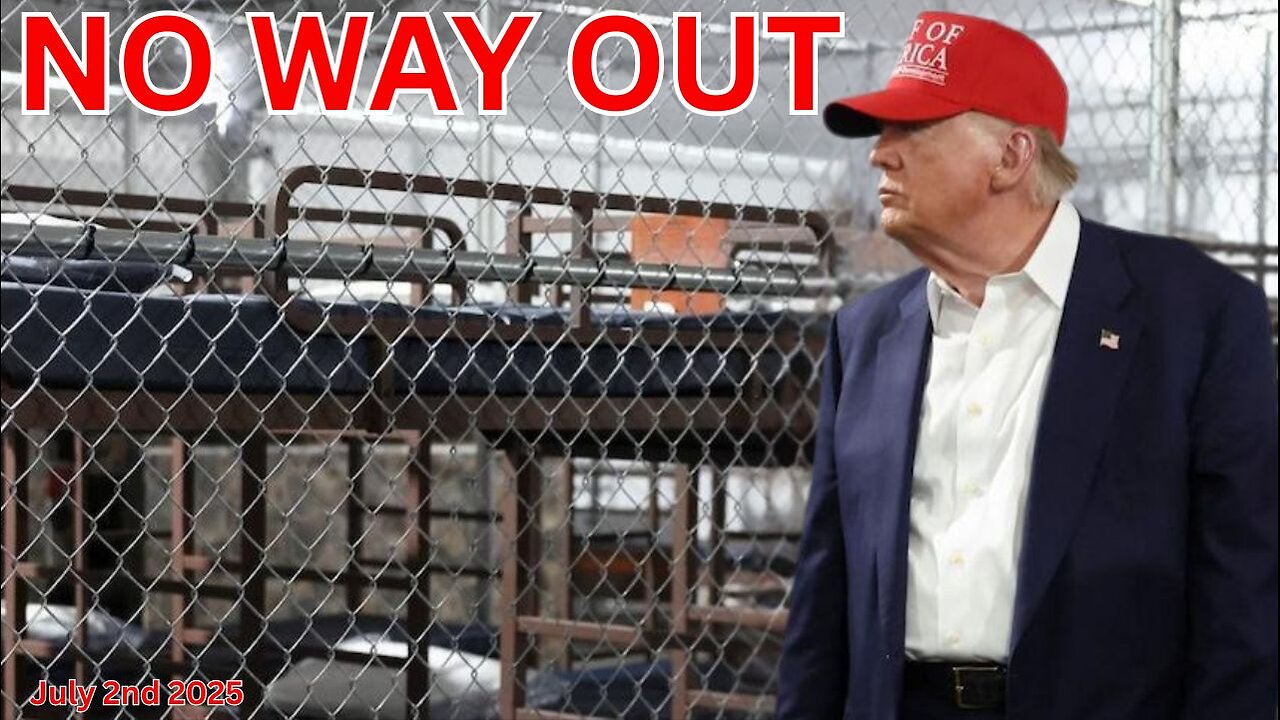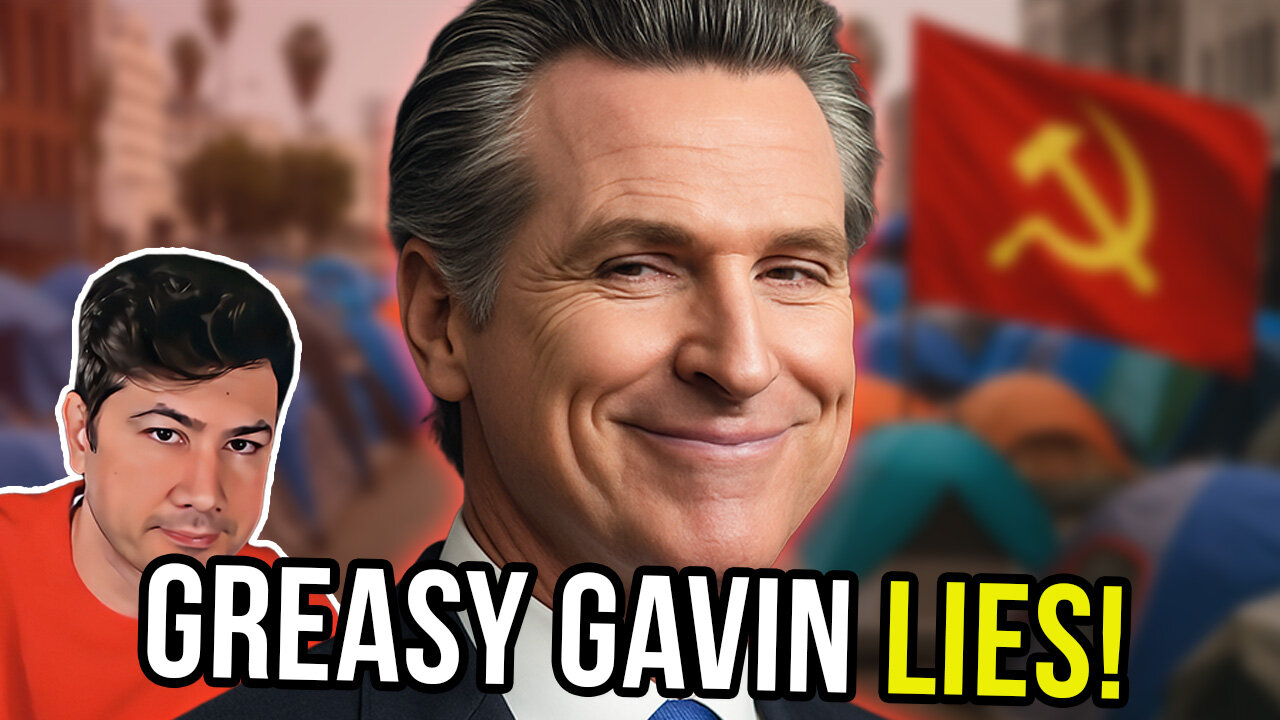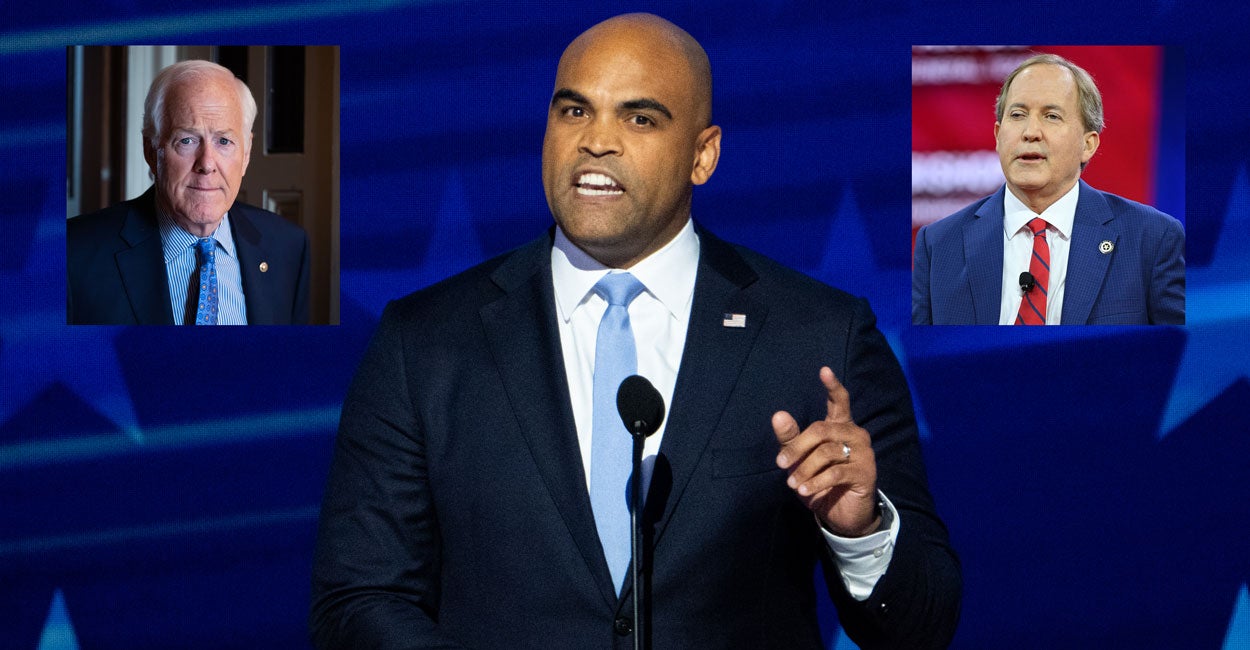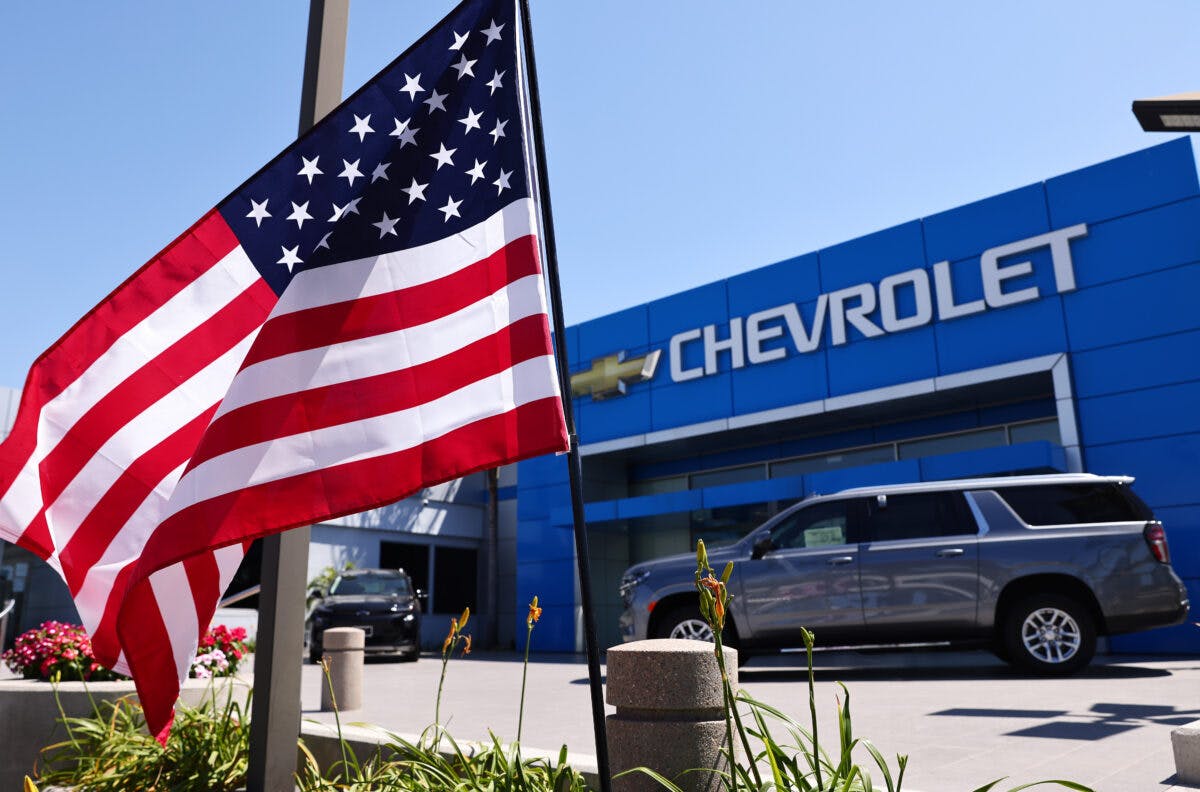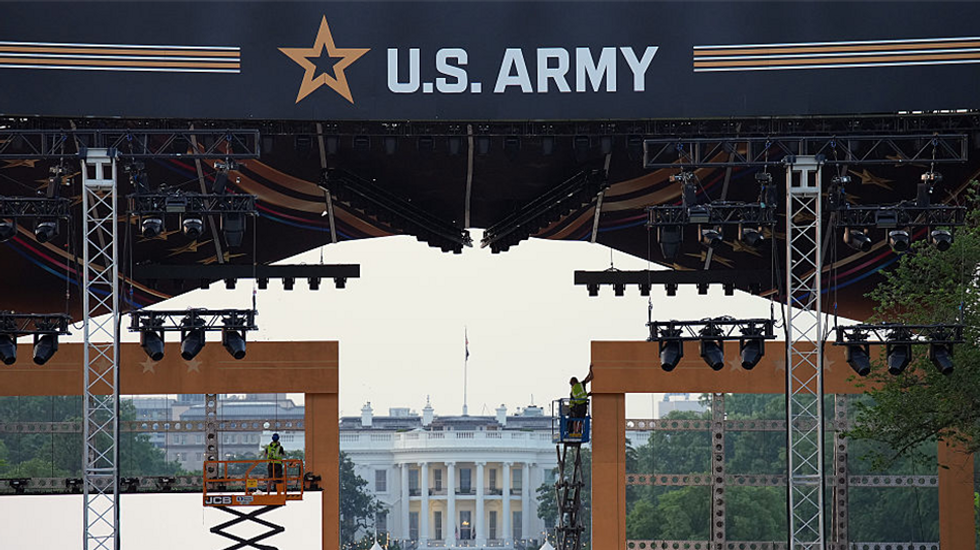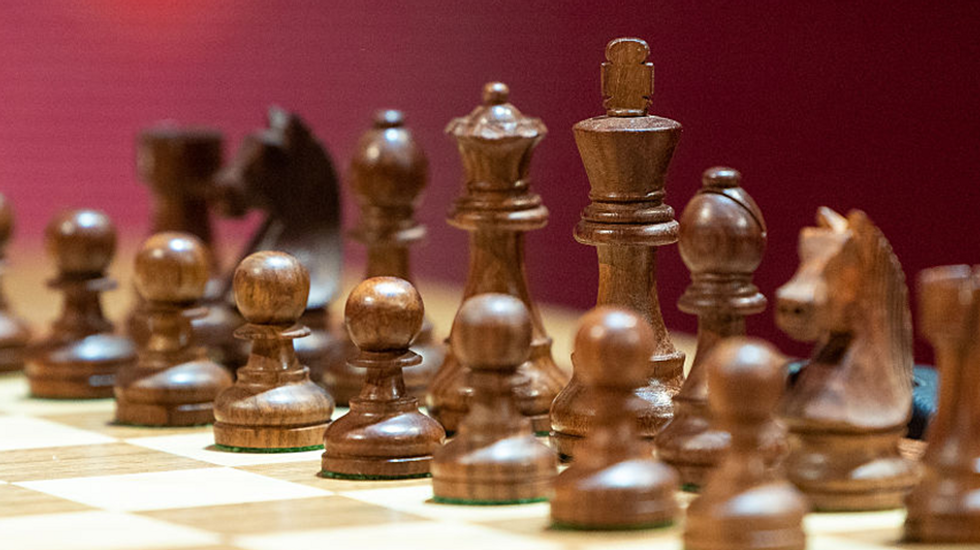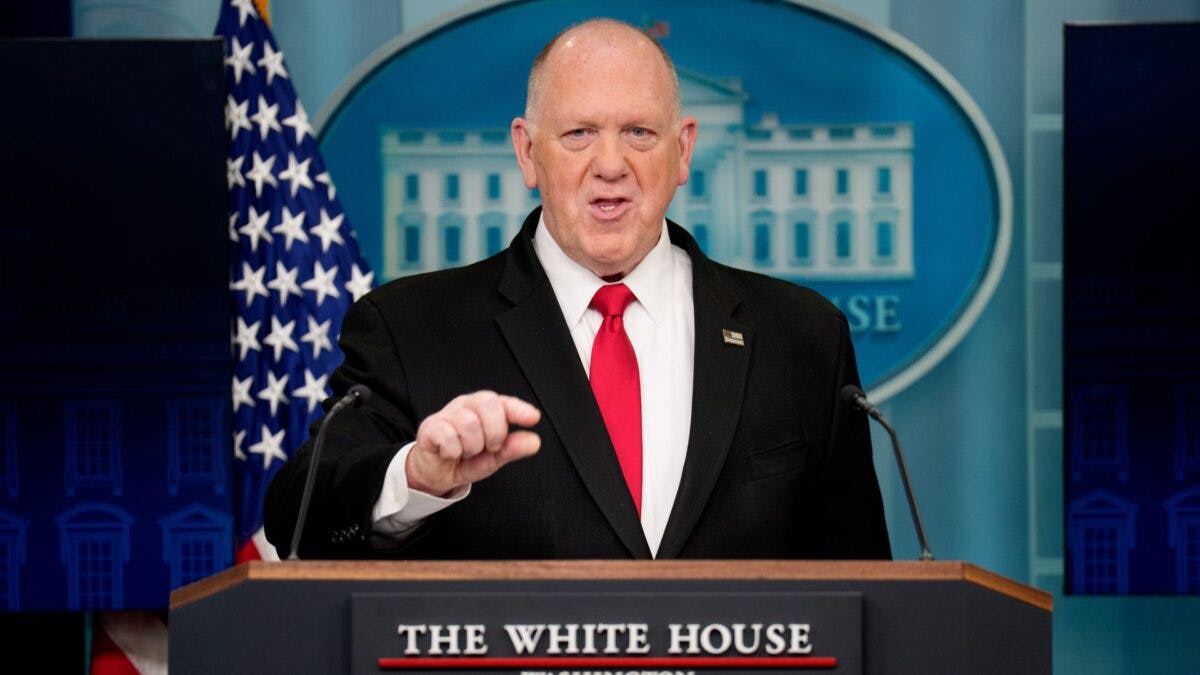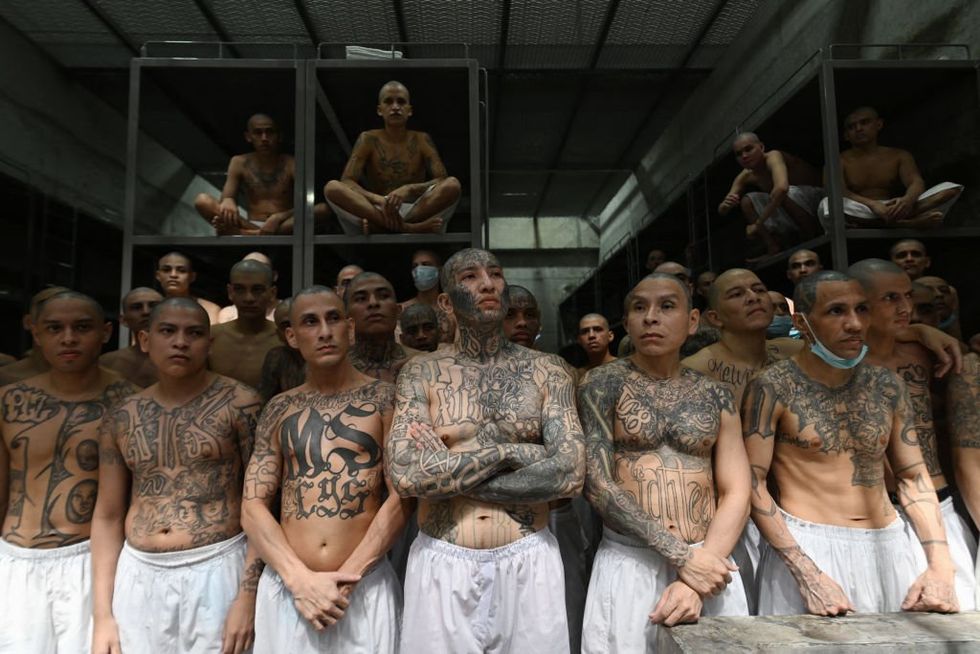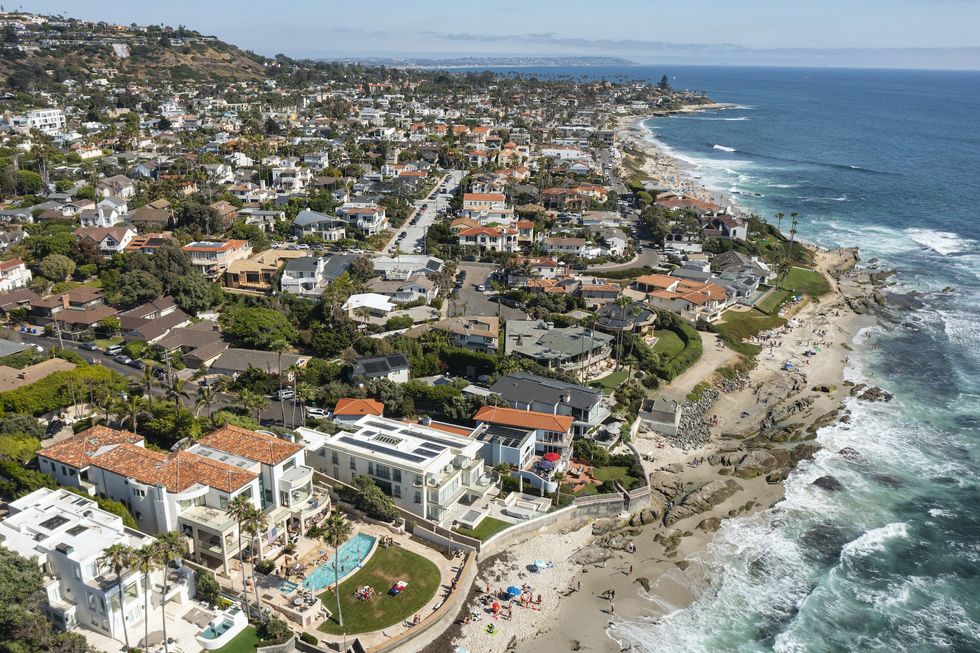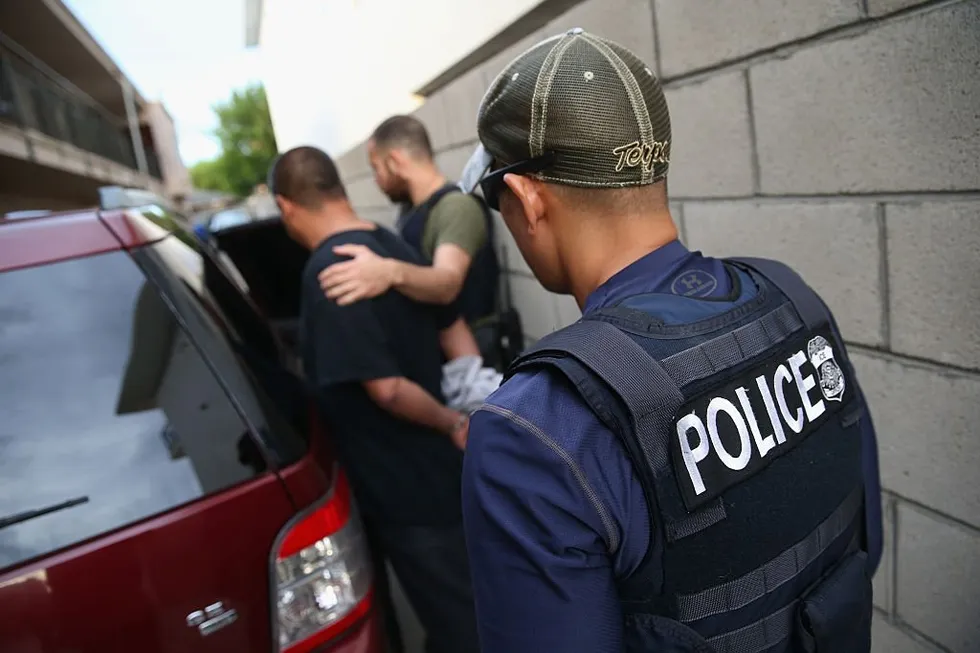George Washington's heroic Christmas crossing
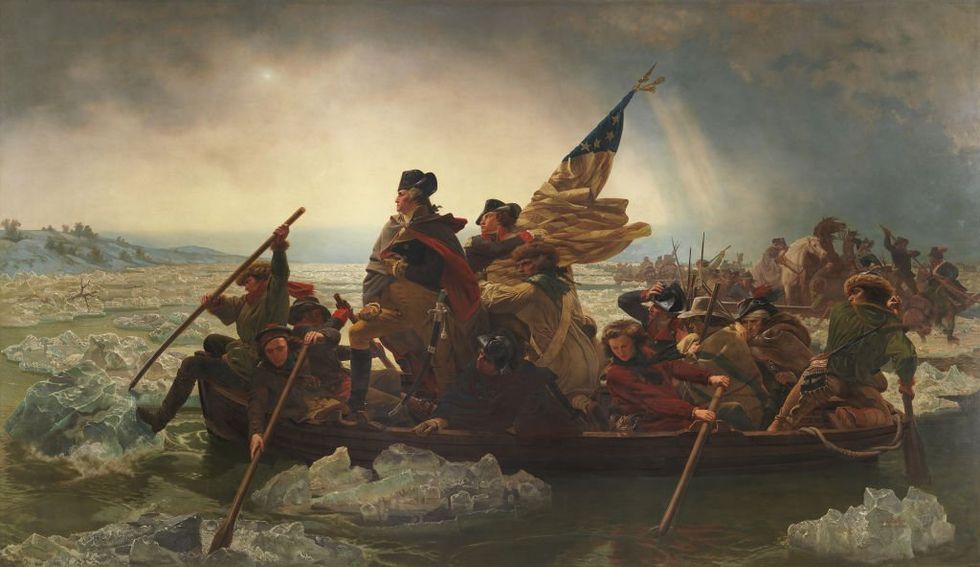

In the darkness and the frozen spindrift, a cargo boat groans through ice along the Delaware River.
At the helm, a heroic shadow, pointing toward land. Behind him, 2,400 soldiers. Most are standing, biting their lips in the frozen air, specks of ice dotting their reddened faces.
The men had to cross a stretch of river no longer than three football fields, but the ice made even such a small distance nearly uncrossable.
When the men had begun their journey, they were pelted by heavy rain. Now it's nearly midnight, and the rain has become a brutal, hurricane-like snowstorm.
No turning back
To make matters worse, the men are exhausted, in need of food and better uniforms. For the past several months, they've endured defeat after defeat, even losing a major city to the enemy.
But the men trust their leader. He considered canceling the attack as he brooded by a fire, but thought better of it. In his own words:
“As I was certain there was no making a retreat without being discovered, and harassed on repassing the River, I determined to push on at all Events.”
So he loaded up his men with cases of ammunition, and they began their trek, stuffed into 40-foot cargo boats designed to haul bulk goods to the markets in Philadelphia.
“Victory or death” was the password. The 44-year-old general had meticulously planned the attack. It had to be a surprise, which is why he’d chosen tonight in particular: Christmas night.
You've no doubt seen the painting that memorializes that frigid night on the river: "Washington Crossing the Delaware." A reminder that the man whose face we encounter every time we hold a dollar bill was instrumental to the freedom we hold today.
The men had to cross a stretch of river no longer than three football fields, but the ice made even such a small distance nearly uncrossable. The original plan for a three-pronged attack had to be abandoned when the weather prevented two Continental Army brigades from joining Washington's troops.
Spy in the ranks
To make matters worse, a spy embedded in Washington’s army warned the British of Washington’s plans.
Fortunately, the news traveled slowly. Hessian colonel Johann Rall, who was in charge of the Trenton garrison, received the news right as Washington and his men were crossing the river. Rall had become relaxed after a series of false alarms, so he didn’t fully prepare for the attack.
“Let them come,” he told his troops. “Why defenses? We will go at them with the bayonet.”
After reaching the New Jersey side of the Delaware in the predawn light, Washington and his men then marched four hours to Trenton, New Jersey, to an isolated garrison with roughly 1,400 Hessian troops, German mercenaries fighting for Britain.
Unwelcome surprise
They arrived at about 8 a.m. and surrounded the town, and so began the Battle of Trenton. The Americans counted on the possibility that the Germans would have celebrated Christmas with a party and beer. Washington knew this. Before the battle, one of his officers wrote, "They make a great deal of Christmas in Germany, and no doubt the Hessians will drink a great deal of beer and have a dance to-night. They will be sleepy to-morrow morning.
The Hessians were also overconfident after months of British victories, so they underestimated Washington and his band of Continental troops. In total, about 22 Hessians died and 98 were wounded.
As they realized that they’d been cornered into defeat, the men began to panic, and several hundred escaped. Washington captured the remaining soldiers, about 1,000, and commandeered a cache of ammunition and weaponry.
After the battle, Washington is said to have said, “This is a glorious day for our country."
'George can't lose'
Poet David Shulman memorialized Washington’s perilous Christmas-night journey in a poem:
Ah, he stands – sailor crew went going.
And so this general watches rowing.
He hastens – winter again grows cold.
A wet crew gain Hessian stronghold.
George can't lose war with's hands in;
He's astern – so go alight, crew, and win!
Originally Published at Daily Wire, Daily Signal, or The Blaze
What's Your Reaction?
 Like
0
Like
0
 Dislike
0
Dislike
0
 Love
0
Love
0
 Funny
0
Funny
0
 Angry
0
Angry
0
 Sad
0
Sad
0
 Wow
0
Wow
0
